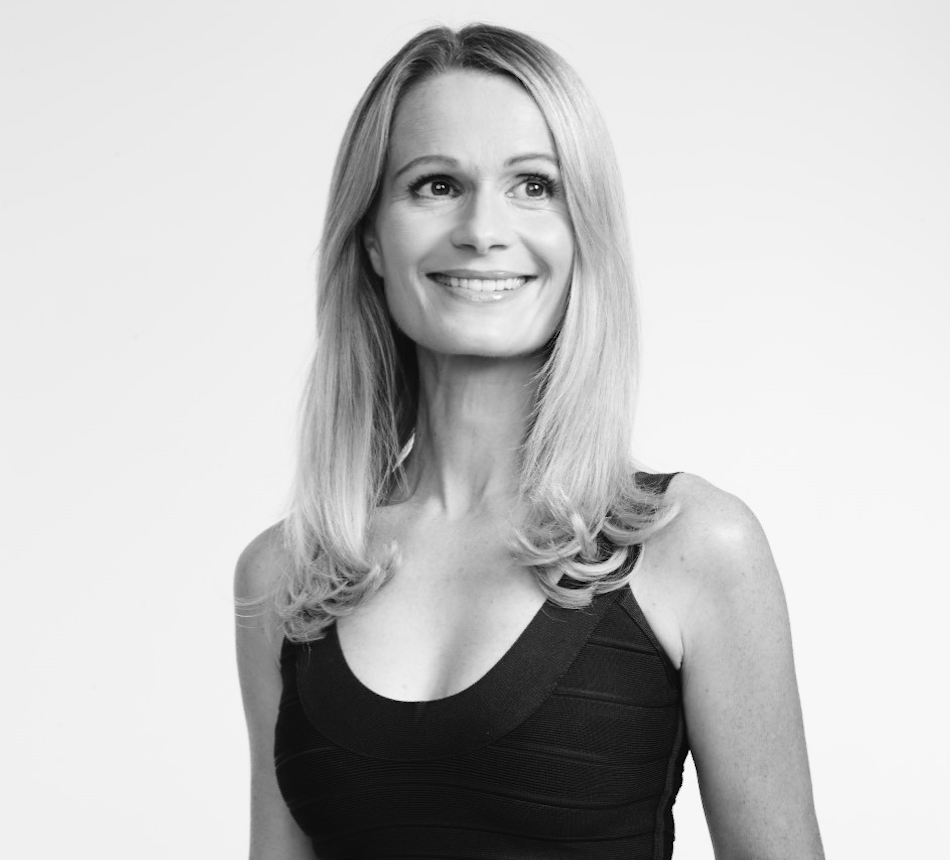Getting to Grips with the Menopause
Subscribe to our newsletter

Getting to Grips with the Menopause
Alas, the beloved menopause. The word many women cringe at as they approach their mid-forties. And I don’t blame them given the way menopause is often portrayed by the media (cue the ‘seven dwarves of menopause’ cartoon). Fortunately, the more we know about it, the more gracefully we can experience the changes the female body will inevitably go through.
With World Menopause Day on October 18th, it’s the perfect time to highlight some noteworthy facts about this natural part of ageing.
What is the Menopause?
Menopause is defined as the time in a woman’s life when she has not had her menstrual period for 12 months and is no longer able to bear children often occurring between 45 and 55 years of age. In the medical field it is characterised by a significant dip in oestrogen levels as the ovaries cease producing the hormone and no longer release an egg each month.
The decline in oestrogen may be accompanied by many symptoms including hot flushes, night sweats, palpitations, vaginal dryness, low mood and reduced libido (sounds like fun right?). The wonderful news is that there are various lifestyle changes one can make to manage these symptoms. Declining oestrogen levels also lead to a decrease in bone mineral density which increases the risk of osteoporosis. The protective benefits oestrogen has on arteries is also lost thereby increasing the risk of heart disease and stroke. This article will highlight some top tips on how to graciously tackle menopause without getting too hot and bothered.
Menopause = Weight Gain?
Oestrogen has various roles in the human body including regulating muscle cell metabolism and viability. A loss of active muscle mass can be seen as oestrogen levels decrease which may lend to weight gain. Therefore, making a few changes to daily food choices such as being mindful of how much oil is used in cooking, ordering sauce on the side when dining out, or being mindful of portion sizes can be effective in reducing overall calorie consumption. Likewise, increasing physical activity and exercise are central to promoting the growth or preservation of our precious muscles!
What about bone health?
Oestrogen also plays a key role in calcium mineralisation in our bones. We see a steady decline in bone density from the age of approximately 25 which accelerates in menopause increasing the risk of osteoporosis.
With that in mind, incorporating calcium-rich sources in our day are important to keep our bones strong! See below for a few tips on what to include in your day. Another key nutrient will be Vitamin D (yes – the sunshine vitamin!). In order to be able to effectively absorb calcium from our diet, Vitamin D is vital. Our skin can actually make Vitamin D when it is exposed to as little as 10-20 minutes of sunlight per day – specifically in the summer months from May to September. During the colder, autumnal and winter months though, supplementation is recommended by Public Health England as it is difficult to obtain enough to meet the daily requirements through food or sun exposure alone.
Heart Health
We mustn’t forget our beautiful heart health. During this monumental hormonal shift called menopause, the marked reduction in oestrogen can also increase a woman’s risk of heart disease. With that in mind, making heart-healthy food choices and engaging in regular activity are excellent ways to reduce this risk. These heart healthy behaviours include being mindful of the type of fats we consume by prioritising unsaturated fats (found in oils, nuts, seeds, oily fish and avocado) and limiting saturated fats (those found in animal products), adding salt to your cooking or at the table, rather than both; opting for fibre-rich wholegrains, plenty of fruits and vegetables, and being mindful of refined sugar sources.
What we find at Louise Parker
We see women at all stages of life at Louise Parker, including those who are pre-, peri- and post-menopausal. Our dietitians are often asked whether menopause will impact on clients’ ability to lose weight, so we looked at our data. A review of our data shows that our female clients achieve clinically significant weight loss (5-10% body weight loss) during their Transform programmes, regardless of their age. We split our data into those who are under 45 years of age versus those who are over 45 years of age (to capture those who are pre-, peri- and post-menopausal based on UK average population data). Our data shows that both groups achieve meaningful weight loss during their Transform programmes.
With that in mind, our skilled team of dietitians are always keen to share that with a balanced approach to nutrition, exercise and relaxation – menopause does not have to be such a barrier and below are some of our top tips!
TOP TIPS
- Be mindful of your portion sizes. Eat when you are hungry and stop when you are full and satisfied.
- Move your body and limit sedentary behaviour such as sitting for long periods of time. Seek to walk more in the day whether it be parking your car further from the door, getting off one stop earlier on the bus or tube, or taking the stairs instead of the lift.
- Incorporate resistance exercise on two or more days per week such as weights or strength training.
- Include two to three portions of calcium-rich foods into your day such as – but not limited to – 150g Greek yogurt, 30g (matchbox size) piece of cheese, 1 tbsp tahini or sesame butter.
- Eat a heart-healthy diet by ensuring you consume plenty of vegetables and fruit, including fibre-rich wholegrains foods, having oily fish 2x per week and unsalted nuts, peas and beans.
- Limit your caffeine and alcohol intake to better manage hot flushes
References
- https://www.nhs.uk/conditions/menopause/
- British Dietetic Association. Menopause fact sheet. www.bda.uk.com/foodfacts
- University of Jyväskylä. (2017, October 2). Menopause and estrogen affect muscle function. ScienceDaily. Retrieved September 25, 2019 from www.sciencedaily.com/releases/2017/10/171002085656.htm
- Public Health England. New Advice of Vitamin D. Retrieved on 25 September 2019 from https://www.gov.uk/government/news/phe-publishes-new-advice-on-vitamin-d
& More
Receive 10 free recipes to your inbox!
Sign up and we will send you 10 free recipes






